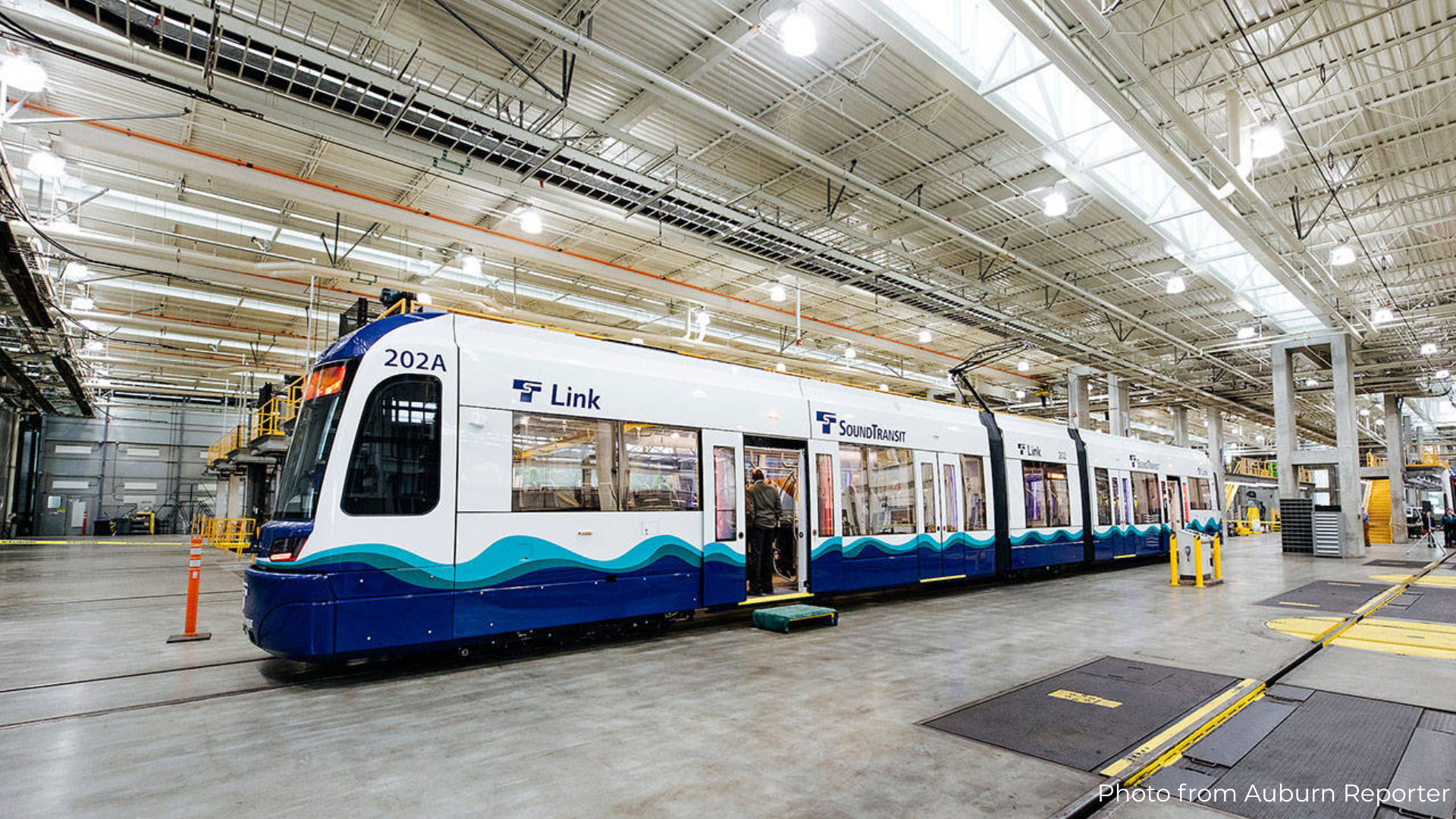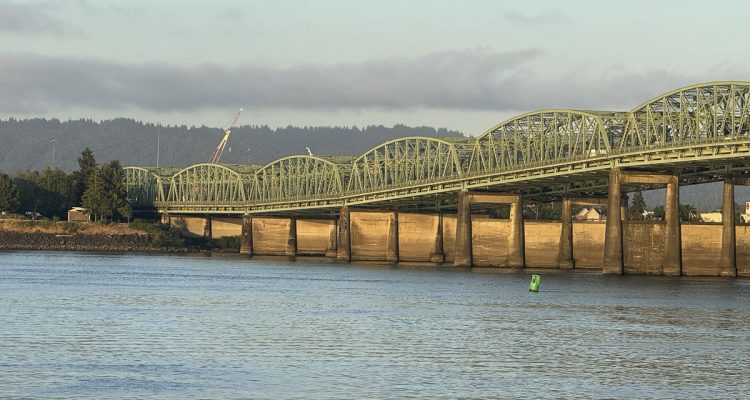Sound Transit officials like to say that 91% of people who commented on their latest regressive tax plan want expanded mass transit, and that 88% of people who commented “prioritize” light rail by at least 5 on a scale of 1-7. You can see the presentation here. At first glance, these are impressive percentages, which is no doubt what transit officials intended, but let’s look at the details.
According to Sound Transit, the numbers are based on 34,706 people who clicked on an online survey. This would represent about 1% of the people living in Sound Transit’s taxing area, not counting 2,626 survey participants who live outside of the taxing district.
In reading the fine print, Sound Transit officials admit the survey is not statistically valid and that the participant group was self-selected – not a representative, randomly-selected sample. It is also clear that interest groups that have the most to gain from Sound Transit funding, like the Sound Transit-funded Transportation Choices Coalition, have the greatest incentive to influence the survey.
So you end up with a cozy, circular relationship: Sound Transit officials post a survey and notify Transportation Choices Coalition and other funded supporters, who then recruit respondents to click on the online survey.
This is similar to a school district posting an online survey asking whether teachers should get a raise, and then the teachers’ union sends a notice telling teachers to respond to the survey. It’s a fair bet that the unscientific survey would show that 91% favor a raise and that 88% “prioritize” teacher raises by at least 5 on a scale of 1-7.
The result would be true of the sample but untrue as a reflection of the population from which the sample is derived.
These snug details are buried in fine-print footnotes, while the 91% and 88% values are displayed in large print in Sound Transit announcements. Surprise.
This is typical of the questionable behavior of a public agency that continues to spend millions from the public treasury to convince us of something they claim we already want.
This has been the pattern for Sound Transit since 1996. Public officials and boosters who stand to profit used favorable assumptions of time, budget and ridership to make Sound Move and costly light rail appear more acceptable to the public. Once they secured taxing authority, their promises fell apart. Sound Transit 2 remains behind schedule, and already Sound Transit officials say they want $54 billion for Sound Transit 3.
Light rail boosters admit the $54 billion will do nothing to reduce traffic congestion in our fast-growing region. If regressive taxes go up, advocates and developers will certainly profit, and most of us will continue to sit in traffic.
On Thursday, June 23rd, Sound Transit Board members will likely announce they want to increase regressive taxes by putting Sound Transit 3 on the ballot. Following the board meeting, the advocacy group Mass Transit Now! (are they funded by Sound Transit too?) is hosting an event in Seattle. Like the flawed online survey, it's all part of the same coordinated campaign, similar to the embarrassing and controversial U-Link party, to get people to sign off on more of Sound Transit's regressive taxes.




